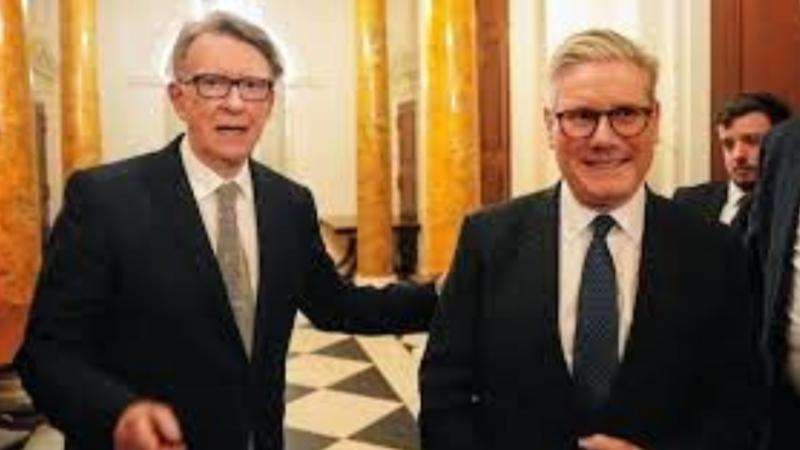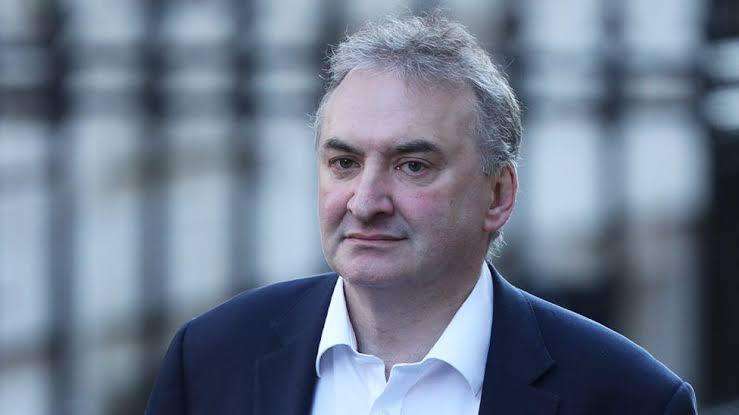Keir Starmer’s No 10 is reportedly experiencing “buyer’s remorse” over the appointment of Chris Wormald as cabinet secretary, just six months into his role leading the civil service, according to sources from Downing Street and Whitehall.
Wormald, previously the top official at the Department of Health and Social Care during the Covid crisis, was selected by Starmer from a list of four qualified candidates. The decision was made in consultation with the civil service chief and the first civil service commissioner. At the time, Starmer praised Wormald’s extensive experience, calling it vital for the government’s reform agenda.
However, multiple insiders now say that some within Starmer’s inner circle are increasingly critical of the choice. They believe Wormald is a poor fit for driving meaningful civil service reform and are considering alternative ways to bypass his influence.
One source described Wormald as “insipid,” claiming he tends to highlight problems rather than propose solutions, and is too embedded in the existing system to deliver transformative change.
According to The Spectator, Wormald was appointed despite others being more highly regarded by the expert panel involved in the selection process. A cabinet minister reportedly remarked, “If you want to radically reform the state, you don’t choose someone from a family of lifelong civil servants.”
Though the panel did not rank candidates, it offered four names it considered suitable, along with individual evaluations.
The shortlist for the cabinet secretary role also included Antonia Romeo (currently the permanent secretary at the Home Office), Olly Robbins (permanent secretary at the Foreign Office), and Tamara Finkelstein (permanent secretary at the Department for Environment, Food and Rural Affairs).
A government spokesperson defended the appointment process, stating that the decision followed standard procedures for selecting permanent secretaries. Under this process, a panel presents a list of qualified candidates, and the final decision rests with the prime minister.
“The cabinet secretary is spearheading efforts to overhaul government operations, improve efficiency, and cut red tape as part of the prime minister’s broader plan to renew the country,” the spokesperson added.
Concerns over Wormald’s appointment are not new, but Starmer has recently faced increased criticism over domestic policy—particularly for appearing distracted by international affairs and failing to anticipate internal opposition to planned welfare cuts.
As cabinet secretary, Wormald serves as both the prime minister’s top policy adviser and the head of the civil service.
In the past, some prime ministers have tried to address operational challenges in No 10 by dividing these responsibilities among three separate roles: cabinet secretary, Cabinet Office permanent secretary, and head of the civil service—as seen during David Cameron’s time. This arrangement was eventually reversed in 2014, reuniting the responsibilities under a single cabinet secretary after a three-year trial.
In April, The Times reported that No 10 was exploring further reforms to central government operations. These included increasing executive authority, streamlining bureaucratic procedures, raising the threshold for launching public inquiries, and reshaping the civil service to better reflect Britain's social diversity.
Upon taking office, Wormald told civil servants that systemic change was necessary and pledged to “re-engineer” how government functions.
His leadership is expected to come under closer examination later this year when the next phase of the UK’s Covid inquiry is released. The initial report highlighted a serious “lack of adequate leadership” in pandemic preparedness and stated that both the civil service and government institutions had failed to protect citizens effectively.








.svg)


_4.jpg)